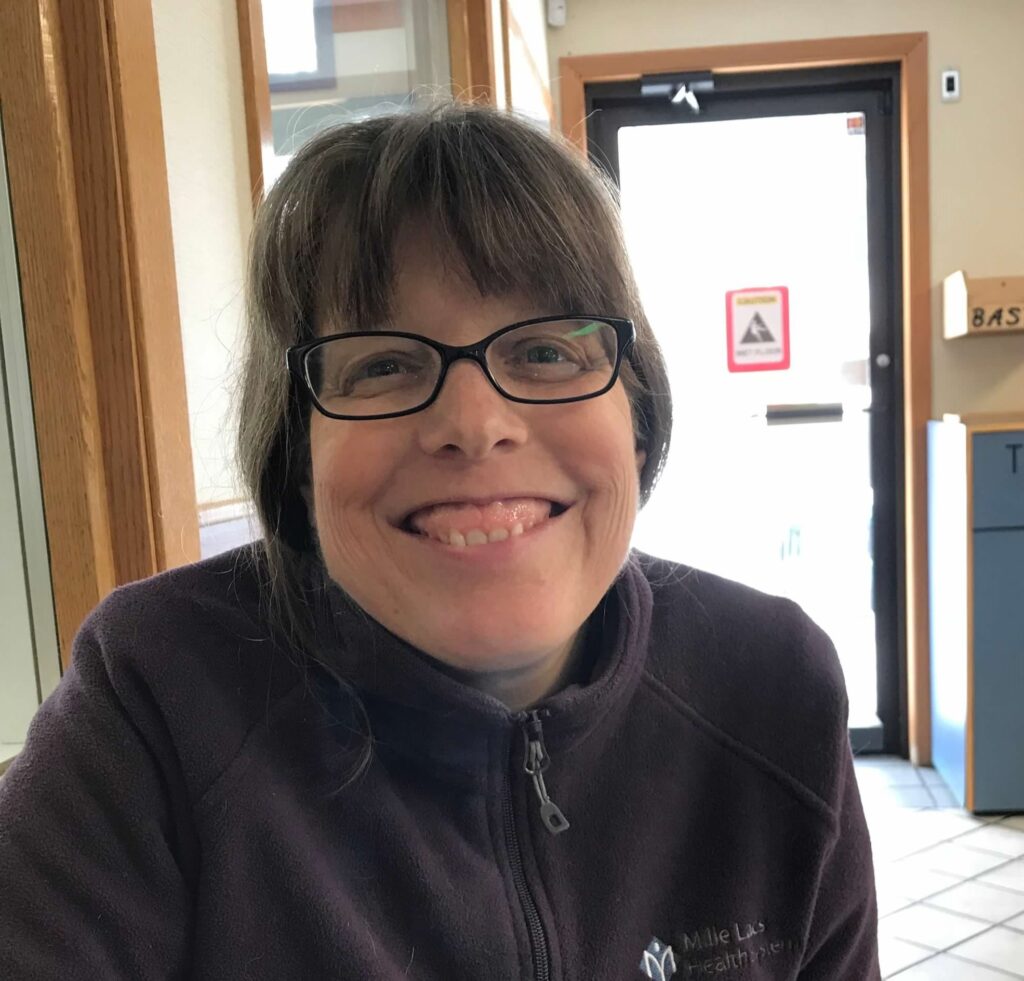High-profile hit-and-run case highlights controversy over Google search warrants
For the family of Cathy Donovan, the long wait for answers has been excruciating.
Despite widespread media coverage and a multi-agency investigation of the hit-and-run that killed the Mille Lacs County doctor last November, the case remains wide open.
The lack of progress is especially hard on Donovan’s twin sister and fellow doctor, Robin Councilman.
“Everytime my cell phone goes off it’s, ‘is it somebody calling me to tell me the person’s been arrested?'” Councilman said.
The all-out search for the driver who hit and killed Donovan as she was walking her dogs on Highway 169 near Onamia recently prompted authorities to use a controversial investigative tactic.
A special agent with the Minnesota Bureau of Criminal Apprehension (BCA) got a warrant for Google to hand over information on anyone who used the company’s ubiquitous search engine to look up details about the hit-and-run in the days after Donovan’s death.
Reverse warrants
A spokesperson for the BCA says “reverse keyword search warrants” are used “infrequently,” but there is growing concern about them among privacy advocates.
Munira Mohamed, a policy associate with the ACLU of Minnesota, argues such warrants run contrary to the 4th Amendment which protects people from unreasonable searches by the government.
“This goes backwards and says we have no suspect and we really have no probable cause,” Mohamed said. “Let’s just collect as much data as we can and a certain location and window of time and let’s see what we get.”

In Donovan’s case, the BCA sought information about anyone who used Google to search the keywords “Mille Lacs hit and run” or “Highway 169 hit and run” over a four-day period.
“This warrant is just (for) people looking up the news of what happened in their community,” Mohamed said. “It is the proverbial haystack… You’re looking for a needle and you keep adding haystack to the haystack, making it bigger and bigger.”
The warrant had remained sealed until mid-March, but records show a judge approved the BCA’s warrant application on the same day it was submitted on Feb. 26.
The BCA declined 5 INVESTIGATES’ request for an on-camera interview, citing the active investigation, but a spokesperson said such warrants can also help them “identify witnesses” as well as “eliminate suspects.”
“Reverse keyword searches are a single piece of the puzzle and do not on their own identify a guilty party,” the spokesperson added.
Those warrants are also closely associated with “reverse location” or “geofence” searches that allow police to access the location of every smartphone at or near a crime scene that was connected to Google services.
Still searching
Months after getting the warrant, the case of who hit and killed Cathy Donovan remains unsolved.
In March, state investigators cleared the owner of a Tesla which was recorded on surveillance video in the area around the time of Donovan’s death. That car, along with the driver’s email account and phone records, were the focus of other BCA warrants.
“There was a weight that was maybe lifted a little bit that then came back crashing down when it wasn’t,” Councilman said. “That weight of who did it? Are they going to ever find them?”
Mille Lacs County Health System, where Donovan worked as a family physician for 27 years, is still using its billboards to advertise a $10,000 reward for tips in the case.
Councilman had not seen the reverse warrant served on Google until 5 INVESTIGATES shared it with her last month.
“I’m actually a member of the ACLU,” Councilman said. “But when it’s your sister that somebody left for dead on the side of the road… if there are legal tools at their disposal to use, you want them to use them.”
Calls for action
The ACLU supports legislation that would ban the use of reverse search warrants in Minnesota.
Current versions of the bill were introduced at the State Capitol in February, but neither the House nor the Senate took votes on the proposals.
A spokesperson for Google declined to comment on the warrant involving Donovan’s case, but said the company has a “rigorous process” to protect the privacy of its users while “supporting the important work of law enforcement.”
Councilman says she trusts investigators to find the person who killed her twin sister.
“I’m a doctor. I’m not a lawyer, I’m not a judge. I just want them to find the person who killed her,” Councilman said. “Actually, I want the person who killed her to just come forward and get it over with.”
The State Patrol is asking anyone with information to contact Sgt. Jason Brown at 218-316-3026 or at jason.brown@state.mn.us.